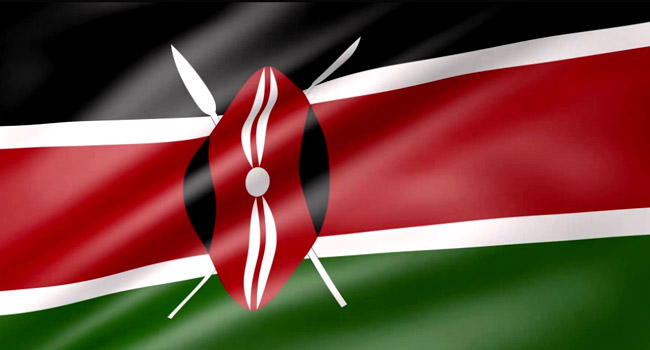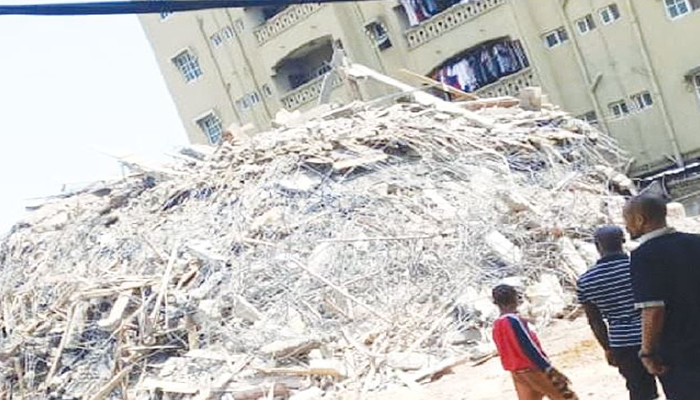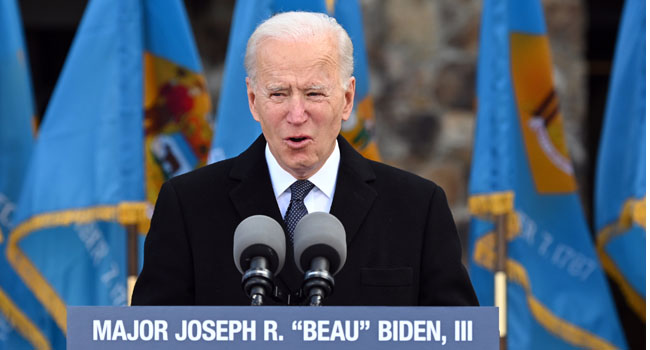CBN directs banks to charge 0.5% cybersecurity levy on electronic transactions
The Central Bank of Nigeria (CBN) has directed banks and other financial institutions to implement a 0.5 percent cybersecurity levy on electronic transfers. This is contained in a circular signed by Chibuzor Efobi, director of payments system management and Haruna Mustafa, director of financial policy and regulation on Monday. The directive was issued to […]
















